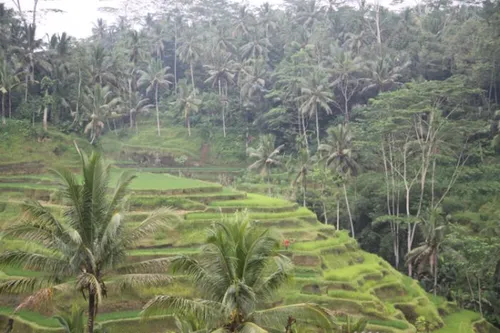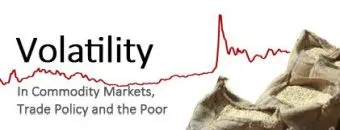Indonesia

Indonesia is the largest economy in Southeast Asia and is a member of the G-20. The country is one of the major commodity exporters in the world with trade contributing of about 15% to the GDP. Trade also plays a significant role in Indonesia's food balance, as the country is a net importer of rice, its main staple food. Indonesia is currently examining its future economic diplomacy options by engaging in trade cooperation in the region. More gain from trade is expected by opening the market.
However, the two recent episodes of food price crises in 2007-08 and 2010-11 created a dilemma for Indonesia. The need for food security has led the country to consider self-sufficiency as a means of ensuring domestic supply, in contrast to the policies that relying on international trade to match supply and demand. As a result, Indonesia’s Parliament passed a Food Law No. 18/2012 in October 2012 which mandates the government to intervene considerably in the food market and food sector to stabilize supply and prices at the producer and consumer level. Indonesia is also still home for 30 million people living under the poverty line and an additional 65 million vulnerable to poverty. Consequently, food price volatility and food security are important issues for the country.
Publications
- Mujahid, I. (2016). Assessing the Role of Trade and Reserve Cooperation in the Food Price Dynamics: Indonesia in the Regional and Global Economic Architecture. Ph.D. Thesis. University of Bonn.



